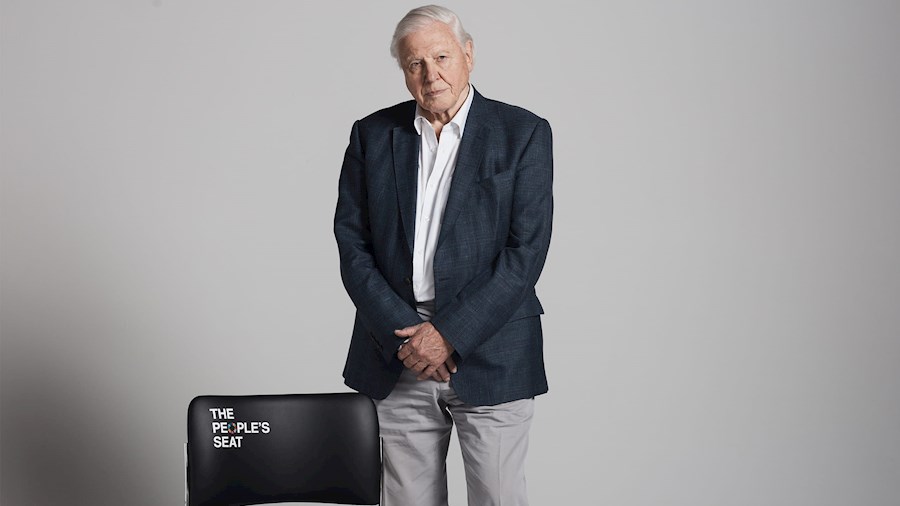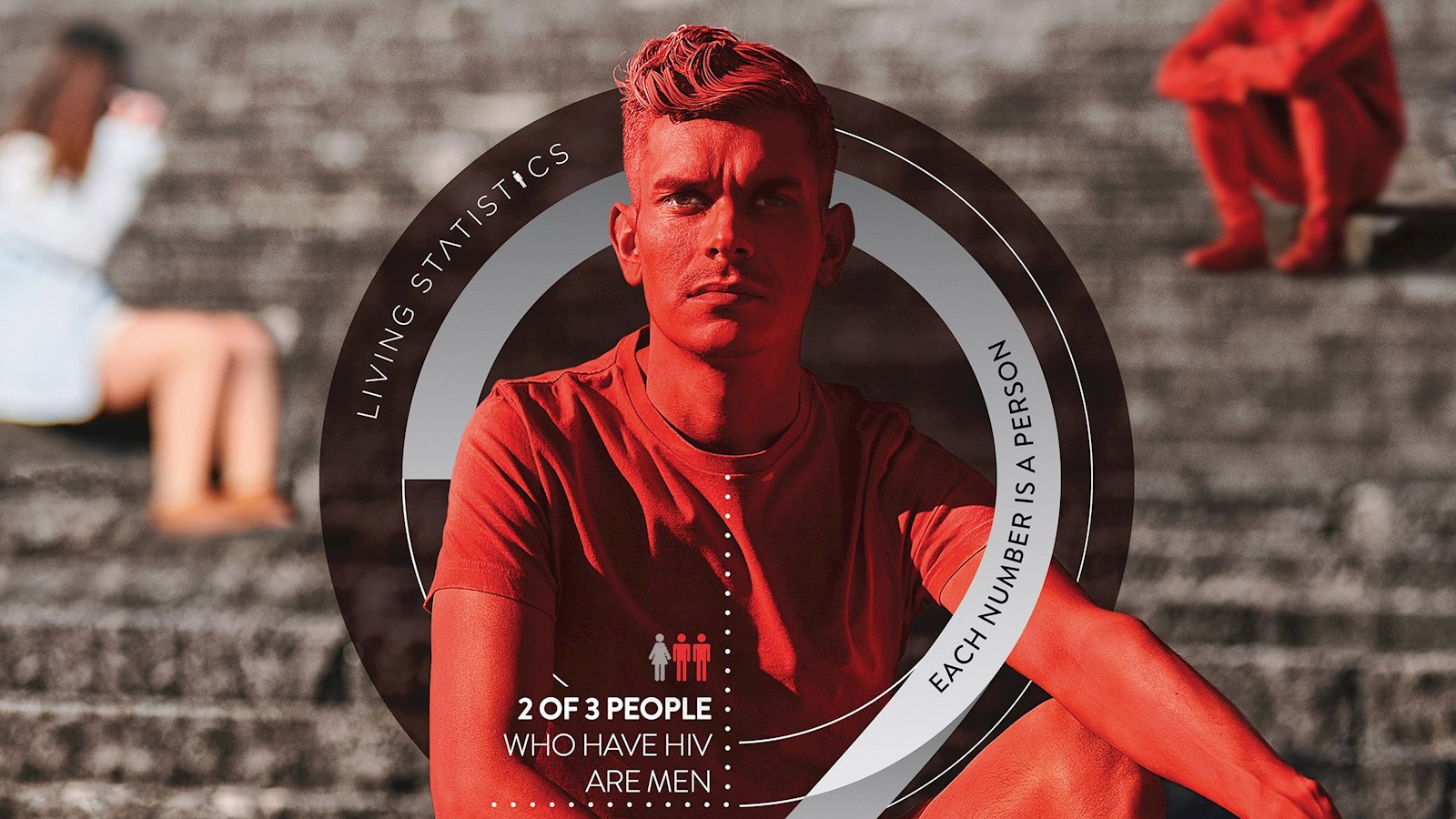
Sustainability Report 2018
08 MAY 2019
Sustainability Report 2018

The work we do has the power to bring about change – in the way people feel, the way they think and the way they behave. And in today’s world, the ability to inspire, motivate and engage is more important than ever
Chief Executive’s statement PDF 77KB
We have a strong track record of building brands with purpose that bring about positive change and help our clients achieve their sustainability goals. But we can and must do more

2018 summary
At WPP we advise clients on sustainability issues and we take action in our business to improve our own performance.
Find out how we work with clients on sustainability, how we support progress on the UN Sustainable Development Goals through our pro bono work, how we treat our people, how we're cutting our carbon footprint and how we partner with suppliers.
Offer
Our biggest sustainability impact is through the work we do for clients, which reaches billions of people each year.
Our clients are grappling with a complex set of social and environmental challenges, changing consumer expectations, and the disruptive impact of technology. Yet at the same time, there are major opportunities they can seize from new markets for more sustainable products and services.
Marketing is a powerful tool with the potential to change people’s attitudes and behaviour, so it is important that we apply high ethical standards to our work. We continue to maintain robust standards and compliance procedures in areas such as business ethics, human rights and data security and privacy.
Our focus areas
- Supporting clients to create brands with purpose and integrate sustainability into strategy, communications and marketing
- Meeting high ethical standards in our client work
How are we doing?
- 13% of revenues from clients who engaged with us on sustainability
Social Investment
Charities and NGOs do vital work with limited resources. We can help increase their impact by providing communications and creative services on a pro bono basis (for little or no fee).
This work can make a significant difference - enabling our partners to raise awareness and funds, recruit members, and achieve campaign objectives.
Pro bono work benefits our business too, providing rewarding creative opportunities for our people that often result in award-winning campaigns that raise the profile of our companies.
We aim to use our pro bono work and social investment to support progress on the UN Sustainable Development Goals.
Our focus areas
- Providing pro bono creative services to organisations working on health, education, human rights, arts and the environment
- Negotiating free media space for charity campaigns, enabling them to reach a wide audience
- Making charitable donations
- Enabling our people to get involved in volunteering projects
How are we doing?
- £6.2m in charitable donations (2017: £7.7m)
- 1.2% Social investment as a percentage of reported profit before tax (2017: 0.97%)
- £23.8m worth of free media space negotiated by WPP companies (2017: £29m)
- £331m wider social benefits of pro bono work, charitable donations and free media space (2017: £397m)
Talent
Our clients choose WPP on the strength of our people’s insights, creativity, expertise in data and technology, and original ideas. We need to attract and retain the best, most forward-thinking talent.
There is fierce competition for talented people in our industry so we need to offer a great employee experience with attractive remuneration and benefits, and opportunities to learn, develop and grow. Diversity of thought, background and outlook stimulates creativity and helps us to produce great work.
Increasing the diversity of our workforce and creating an inclusive, values-led culture is a priority.
We directly employ more than 130,000 people in 112 countries.
Our focus areas
- Embedding a culture based on our new values of being open, optimistic and doing extraordinary work
- Improving diversity and inclusion
- Investing in skills and creativity
- Offering attractive compensation, flexible working practices and opportunities for collaboration and growth
How are we doing?
- 36% women in executive leadership (2017: 35%)
- 49% women in senior management (2017: 49%)
- £45.5m training spend, 5.7 hours training per person (2017: £44.9m)
- 64% satisfied with work-life balance (2017: 47%)
- Industry Leader in the Bloomberg Gender-Equality Index
Environment
We recognise the major threat that climate change and environmental degradation pose to global social and economic development. We support urgent action to tackle climate change through the Paris Climate Agreement. We’re cutting our own carbon footprint as well as working with many clients on campaigns aimed at promoting action on climate change.
We have environmental management programmes in place to reduce our carbon emissions and environmental impact, and to identify and mitigate climate-related risk.
By taking action on climate change we can reduce costs and risks to the business, and meet the expectations of our clients and colleagues.
Our focus areas
- Achieving a 50% cut in our carbon emissions intensity (scope 1 and 2) by 2030 by reducing energy use and purchasing renewable electricity
- Reducing waste and improving resource efficiency
- Working with clients to stimulate action on climate change and the environment
How are we doing?
- 0.74 tonnes tCO2e emissions per person, a 9% reduction since 2017
- 21% of floor space certified to advanced green building standards (2017: 20%)
- 30% of electricity from renewable sources (2017: 26%)
- 4% reduction in energy use (versus 2017)
- 0.64 tonnes tCO2e emissions (2017: 0.67)
- A- CDP rating for climate change strategy and reporting per head from air travel
Supply Chain
We work with over 130,000 companies across our supply chain. We expect them all to meet high standards in areas such as ethical conduct, human rights, workplace standards and the environment. However, in such a large supply chain, we know there is a risk that some will not.
We have established due diligence processes to help us select suppliers who meet high standards. This reduces risks to our business and our clients and enables us to respond to the growing number of client tender processes that include supply chain management criteria.
We focus our supplier engagement on suppliers in high risk countries or sectors, those with whom we have a direct commercial relationship and those with centrally negotiated contracts managed by our procurement team.
Our focus areas
- Setting clear standards and communicating these to our suppliers
- Conducting due diligence to identify risks in our supply chain
- Working with suppliers to reduce modern slavery risks in our supply chain
How are we doing?
- 2.1% of US procurement spend with certified diverse suppliers
- All suppliers must read and sign our Supplier Code of Conduct
- Sustainability criteria integrated into pre-selection questionnaire for new suppliers
Downloads
WPP Sustainability Report 2018 PDF 7.1MB
Chief Executive’s statement PDF 77KB
Sustainability and our strategy PDF 48KB
Quantifying our impacts PDF 83KB
A stronger offer for our clients PDF 556KB
Social investment PDF 3MB
Attracting and retaining talent PDF 821KB
Environment PDF 1.3MB
Supply chain PDF 642KB
Responsible business PDF 506KB
Reporting standards index 2018 PDF 76KB
Independent Limited Assurance statement PDF 56KB
Our client work

















